I'm developing a imaging processing Java 7u80 application using C++ libraries through JNI.
As I was willing to execute streams in parallel with Java 8u60, I just switched to JDK 8 and relaunched all my unit tests.
Java 8u60 Overall duration: **35'408 [ms]**
Java 7u80 Overall duration: **29'581 [ms]**
Java 7 is in my case 17% faster than Java 8 (same code, code level resp. 7 and 8).
- I was wondering if such result may be specific to my application or if others have already notice a downgrade of the performance moving form Java 7 to 8?
- Are there particular optimization to do in the code to get the best of Java 8?
If nothing can be done, I would then rather implement the multithreading code with Java 7 rather than 8, to keep the performance gain I already have with Java 7.
